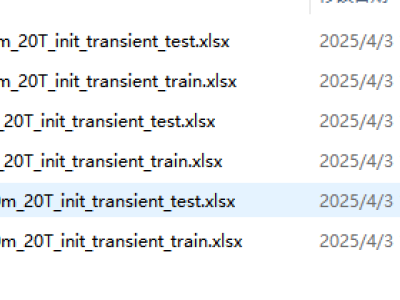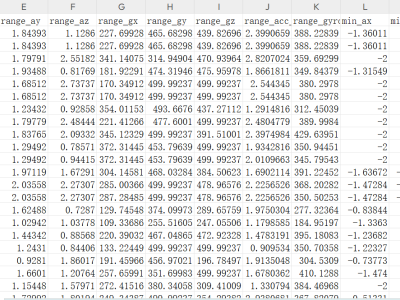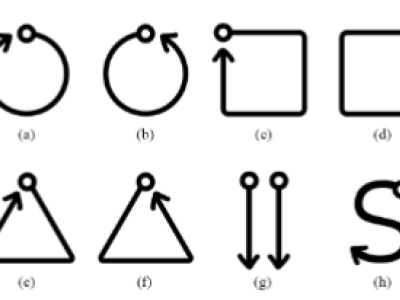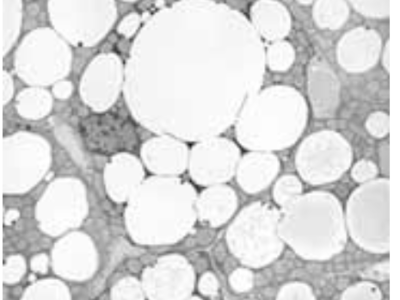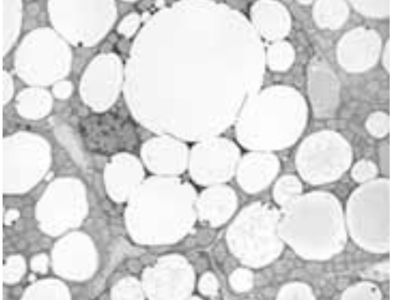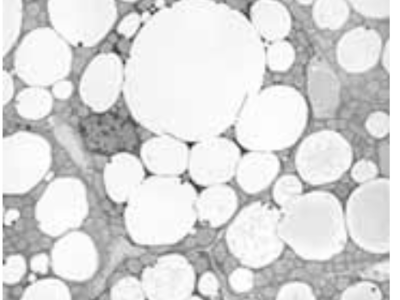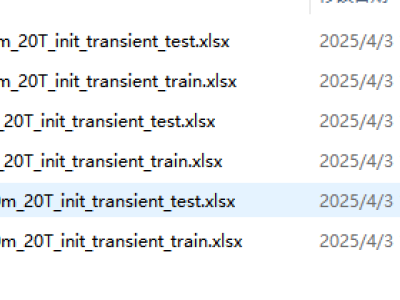
The composition of the natural gas components is as follows: $CH_{4}$ (97.07$\%$), $C_{2}H_{6}$ (0.17$\%$), $C_{3}H_{8}$ (0.02$\%$), $N_{2}$ (0.71$\%$), and $CO_{2}$ (2.03$\%$). The standard state conditions are a pressure of 101325 $Pa$ and a temperature of 20 $^\circ C$. The pipeline components have an inner diameter of 0.307 $m$, an outer diameter of 0.323 $m$, a total heat transfer coefficient of 0.5, and a roughness of 0.02286 $mm$. The initial temperature of both the pipeline and the surrounding medium is 15 $^\circ C$.
- Categories:
